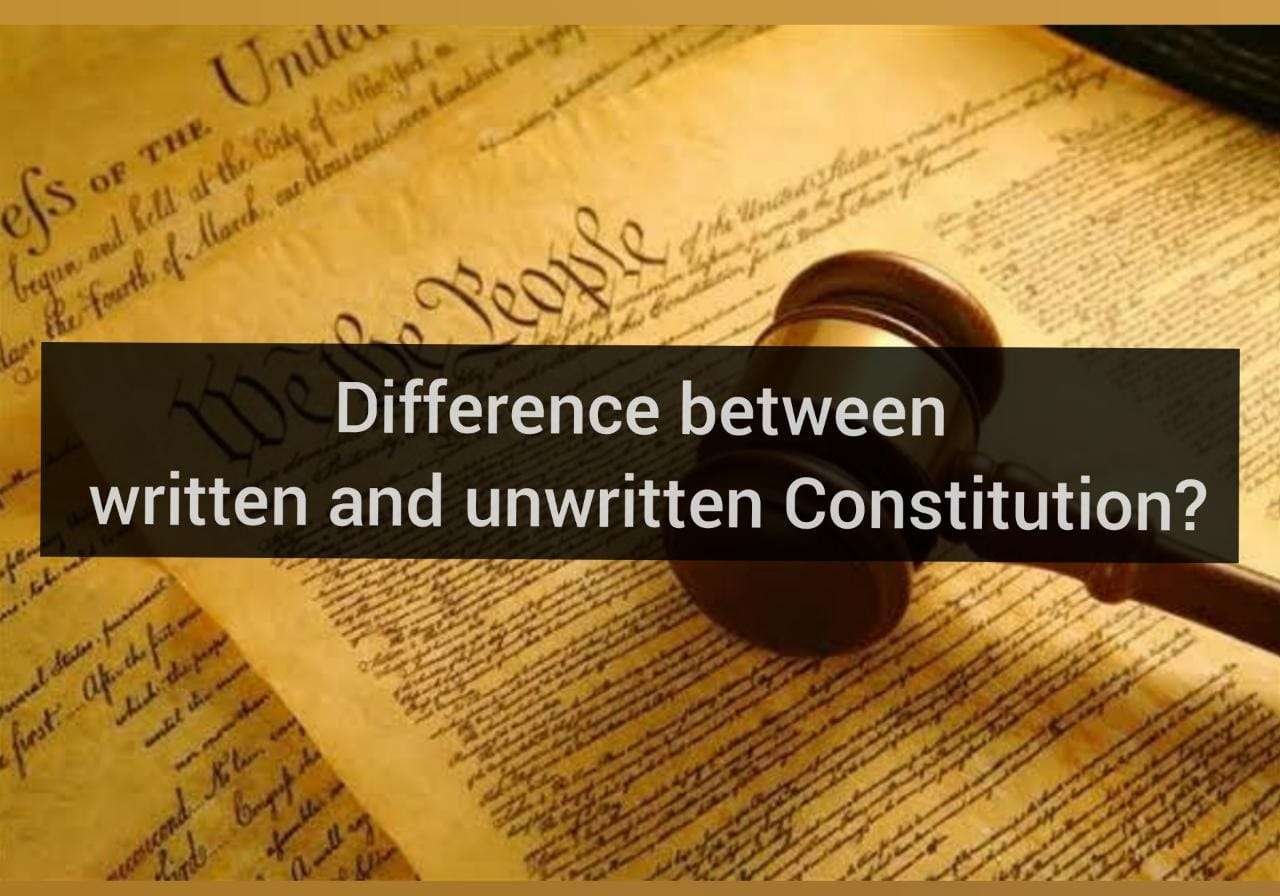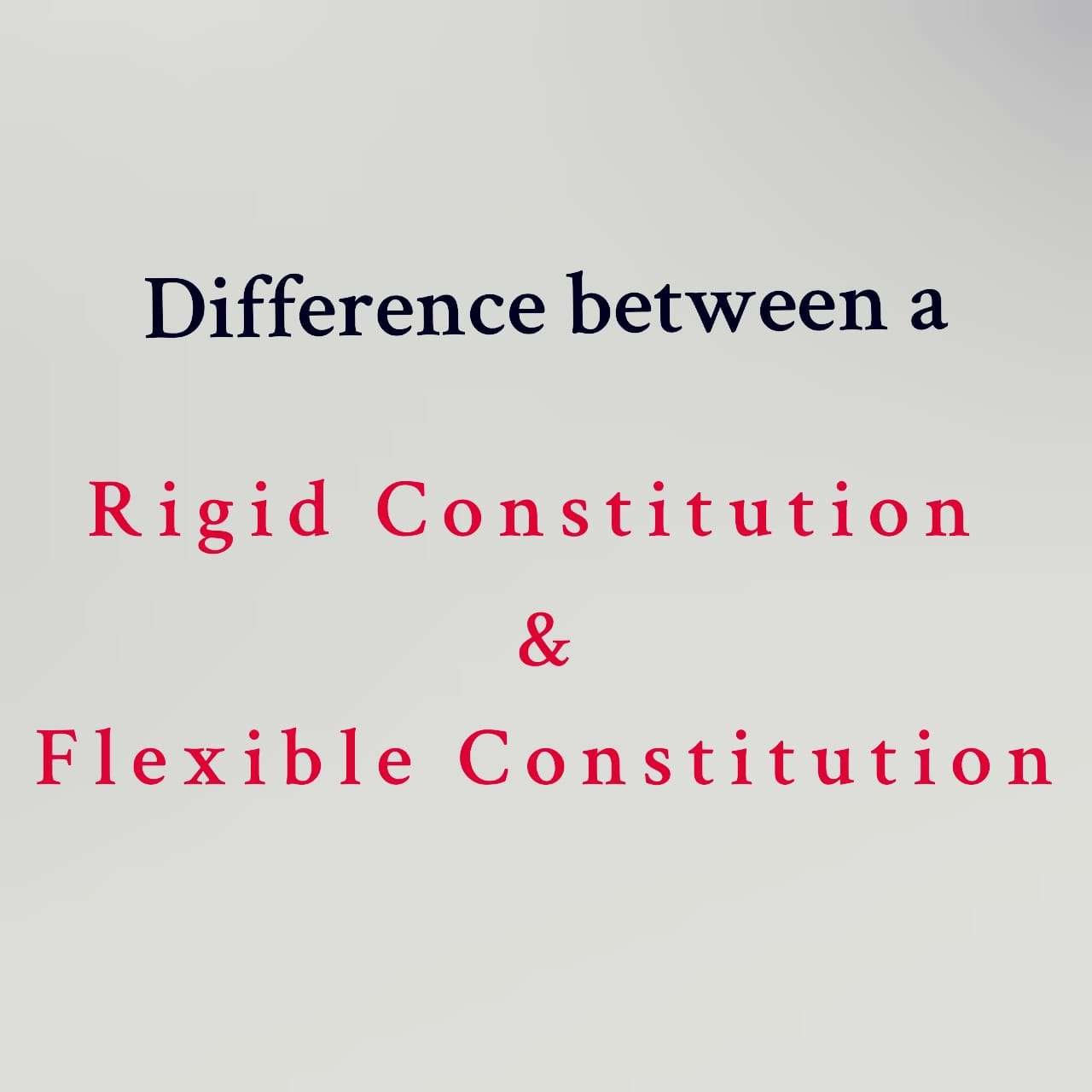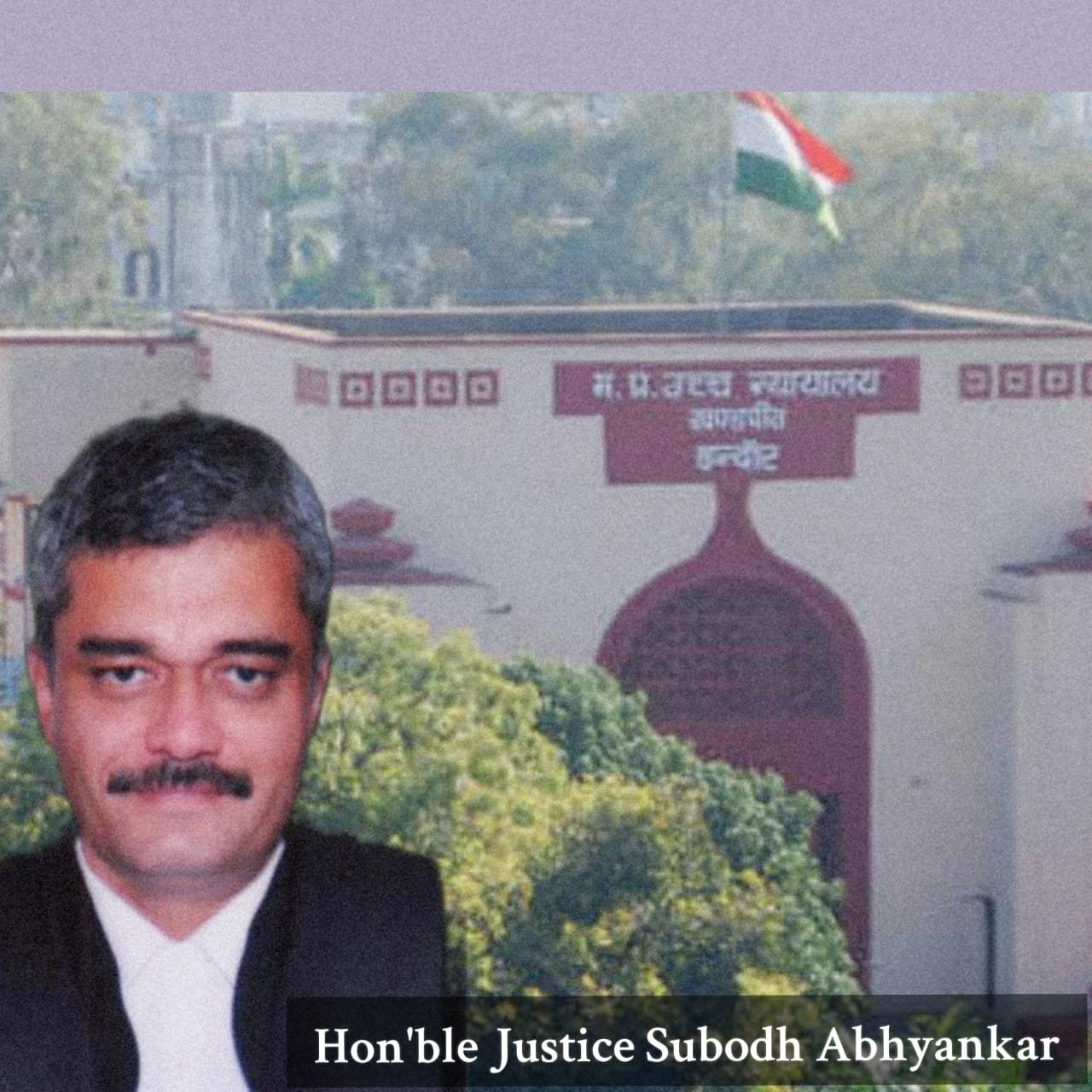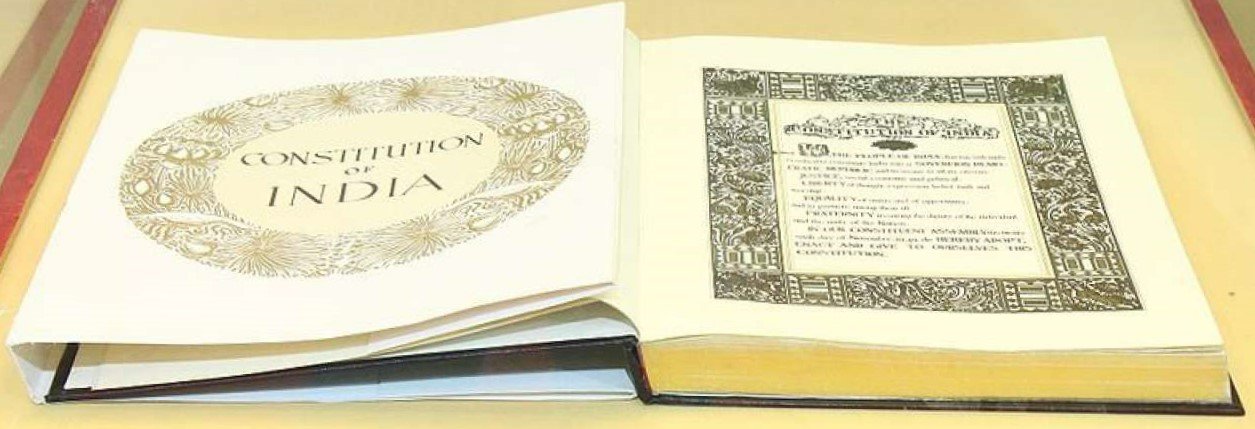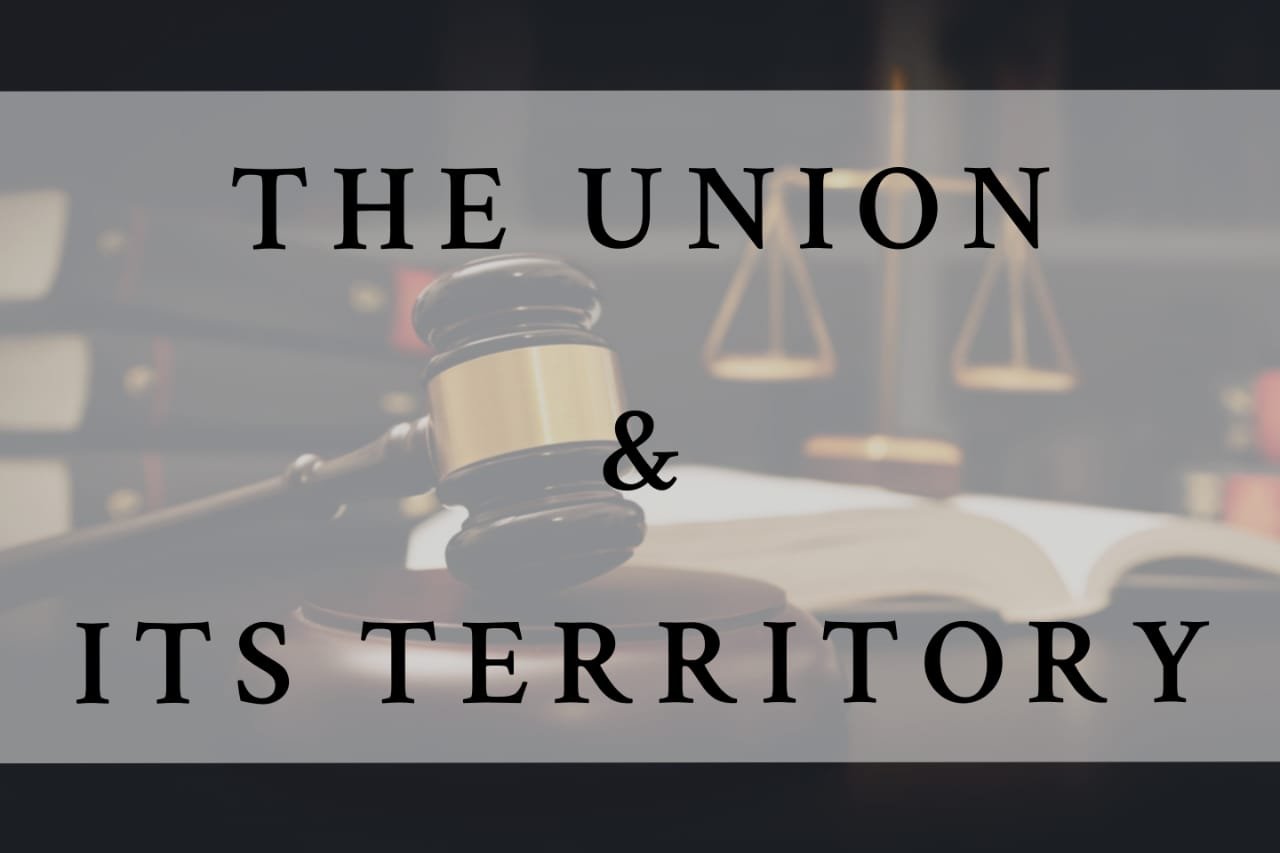Difference between Written and unwritten Constitution?
Merits of a written Constitution: – Demerits of a written Constitution: – Merits of an unwritten Constitution: – Demerits of an unwritten Constitution: – Written Constitution Unwritten Constitution Written constitution is found in legal documents duly enacted in form of laws An unwritten constitution consists of Read more…
